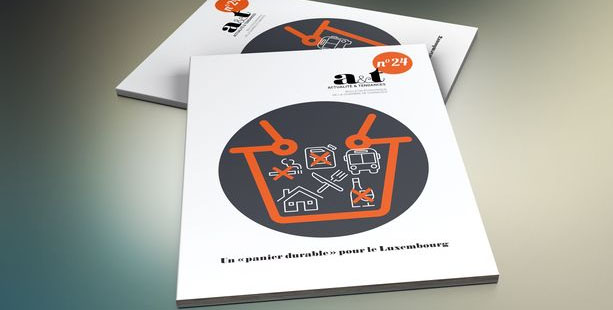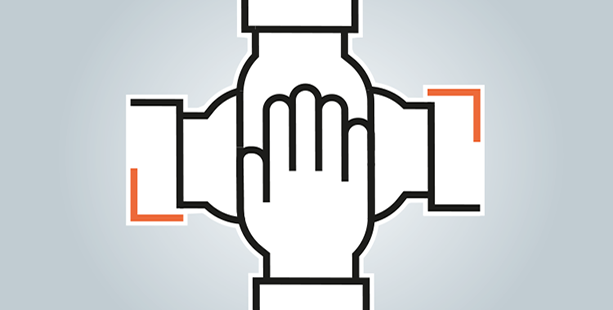
Actualité et Tendances

In view of Luxembourg's recent announcements on climate, public health, and sustainable development policies, the Chamber of Commerce believes that the automatic indexation system should be reviewed in order to be consistent with these objectives. The Chamber of Commerce thus proposes the adoption of a ‘sustainable basket’, based on a sustainable national consumer price index, which it presents in its Actualité & Tendances N°24 bulletin.
Luxembourg's goal is clear: to promote development that is socially equitable, economically viable and environmentally livable. That is, sustainable. In terms of climate policy, it intends, in particular, to discourage the use of fossil fuels and to reduce fuel exports by gradually narrowing price differentials with neighbouring countries and gradually increasing taxes on petroleum products. Such a strategy, presented in the draft Integrated National Energy and Climate Plan (INECP), should enable Luxembourg to meet its national and international climate commitments.
In May 2019, a first excise duty increase came into effect. For the first time ever, diesel became more expensive in the Grand Duchy than in Belgium, for professionals: in Belgium, as in France, Italy or Spain, these excise duties on professional diesel can be partially reimbursed by the State. In Luxembourg, this is not the case. This has many repercussions for businesses, which suffer a double penalty: the rise in the price of their raw materials and the rise in wages via indexation.
It is difficult to reconcile aiming for a decarbonised economy while at the same time compensating for the rise in the price of fossil fuels. It therefore seems incoherent to pass on the rise in fossil fuel prices to wages via the automatic indexation system. The national consumer price index is still too favourable to the consumption of energies such as fuel, heating oil or gas, since these products represent 5.1% of the current basket. While the European Commission predicts an implicit price increase of 3% per year for these products, the impact on the index will be significant. Moreover, the principle of the ‘polluterpays’, meaning those polluting must pay for the prevention and clean-up of pollution for which they are responsible, loses its motivational value with the current basket. Furthermore, public health is also neglected by this basket, with alcoholic beverages and tobacco accounting for 3.33%.
The Chamber of Commerce therefore calls for the establishment of a sustainable basket, without fossil fuels, alcohol, tobacco or taxes introduced under the polluter-pays principle. And not forgetting the households with the most modest incomes: to compensate for the increase in the price of heating products, such a measure will have to be supported by social benefits, such as a targeted increase in the cost of living allowance.
To read or download Actualité et tendances N°24, please click here

